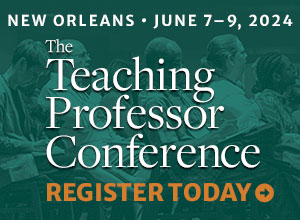Effective Teaching Strategies: The Importance of Marrying Content and Process
When teachers think the best way to improve their teaching is by developing their content knowledge, they end up with sophisticated levels of knowledge, but they have only simplistic instructional methods to convey that material.



